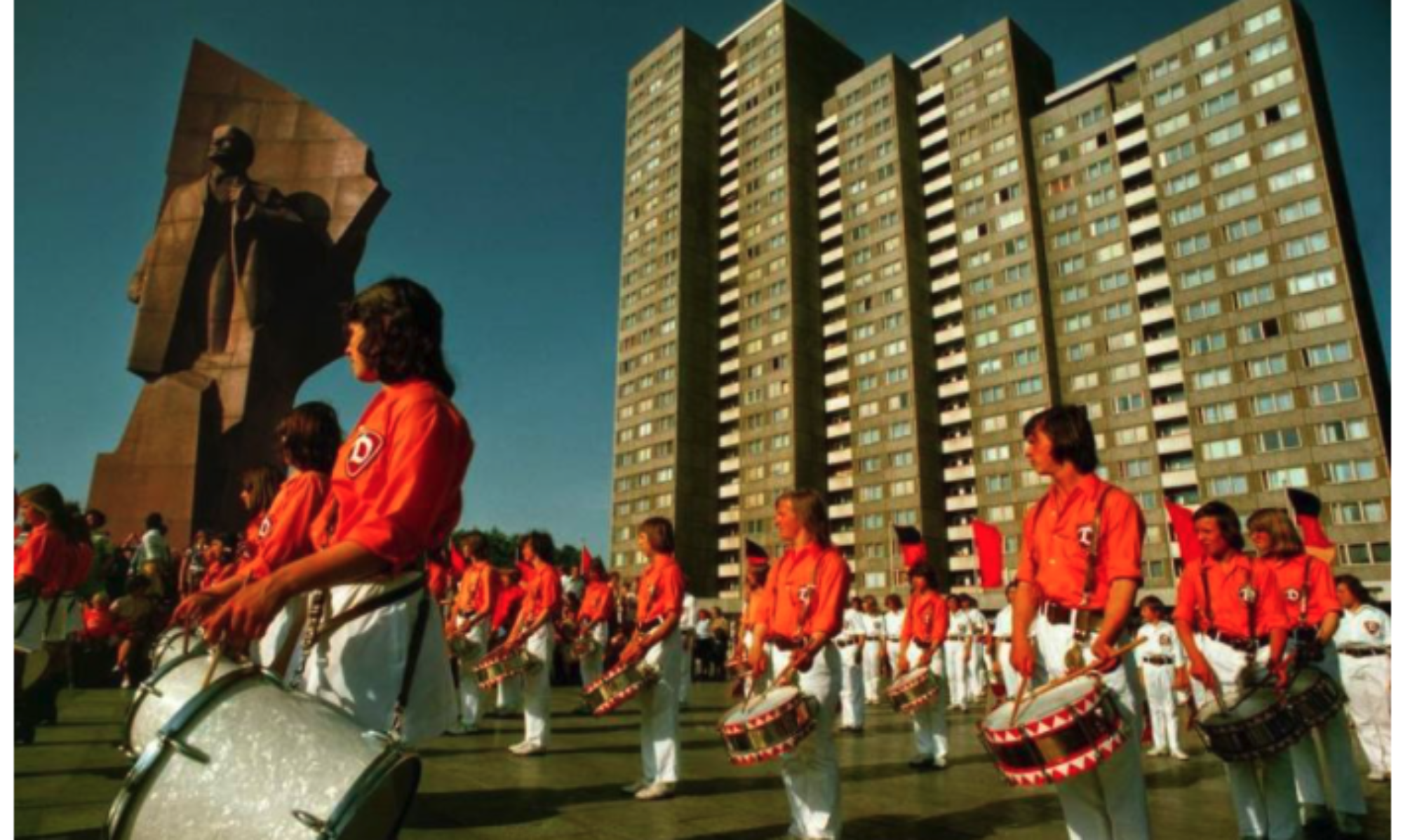On the second page of Havel’s New Year’s Address, he states:
“The previous regime – armed with its arrogant and intolerant ideology –
reduced man to a force of production, and nature to a tool of production.
In this it attacked both their very substance and their mutual relationship.
It reduced gifted and autonomous people, skillfully working in their own
country, to the nuts and bolts of some monstrously huge, noisy and
stinking machine, whose real meaning was not clear to anyone. It could
not do more than slowly but inexorably wear out itself and all its nuts and
bolts.”
I believe that Havel’s analogy is quite brilliant and suites his point nicely. The Soviet Union and the Warsaw Pact nations are criticized quite extensively through its usage, and it made me think of the downfall of the USSR opposed to these other countries. Nations like Czechoslovakia were regaining their freedoms and ability to contribute without an overarching power either preventing it or somehow taking credit itself. But how did these other stakes feel about the entire machine falling apart as the nuts and bolts became looser and looser one by one? How did its leaders contribute to its failures? What were the shortcomings of how this machine was maintained and utilized its nuts and bolts? And perhaps most importantly, did the noise of the entire machine deafen the noise some of its more important parts were making?

I also really enjoyed this analogy, given how industrialization was so important to the Soviet Union in its earliest days. While nations like Czechoslovakia, Poland, and others intentionally breaking away from the Soviet Union to enact their own reforms are certainly celebrating the breaking of the machine, I also was wondering if there were any states who were attempting to hold on to this visible collapse of the machine. And, all leaders certainly contributed to the breaking of this machine by ignoring the protests, acts of resistance, and call for reforms that have been occurring for years (from the Prague Spring to the Helsinki Group to human rights movements across the Eastern bloc) that we have discussed over the past few weeks.
To respond to your last question, I think I agree. By ignoring and suppressing these calls for change, the machine was slowly becoming looser and falling apart while leaders did not seem to notice. Perhaps leaders had too much faith in the apparent outside strength of the machine (the power of the Soviet Union, the strength of the Communist ideology, etc) to take note of the impact acts of resistance had and the growing discontentment of everyone to realize what was crumbling around them. Combined with the blind optimism of Gorbachev had to acknowledge what was perhaps an irreparable machine as we discussed in class recently, leaders at all stages of the Soviet Union appeared to the machine’s ultimate failure by not noticing and making the needed repairs along the way.